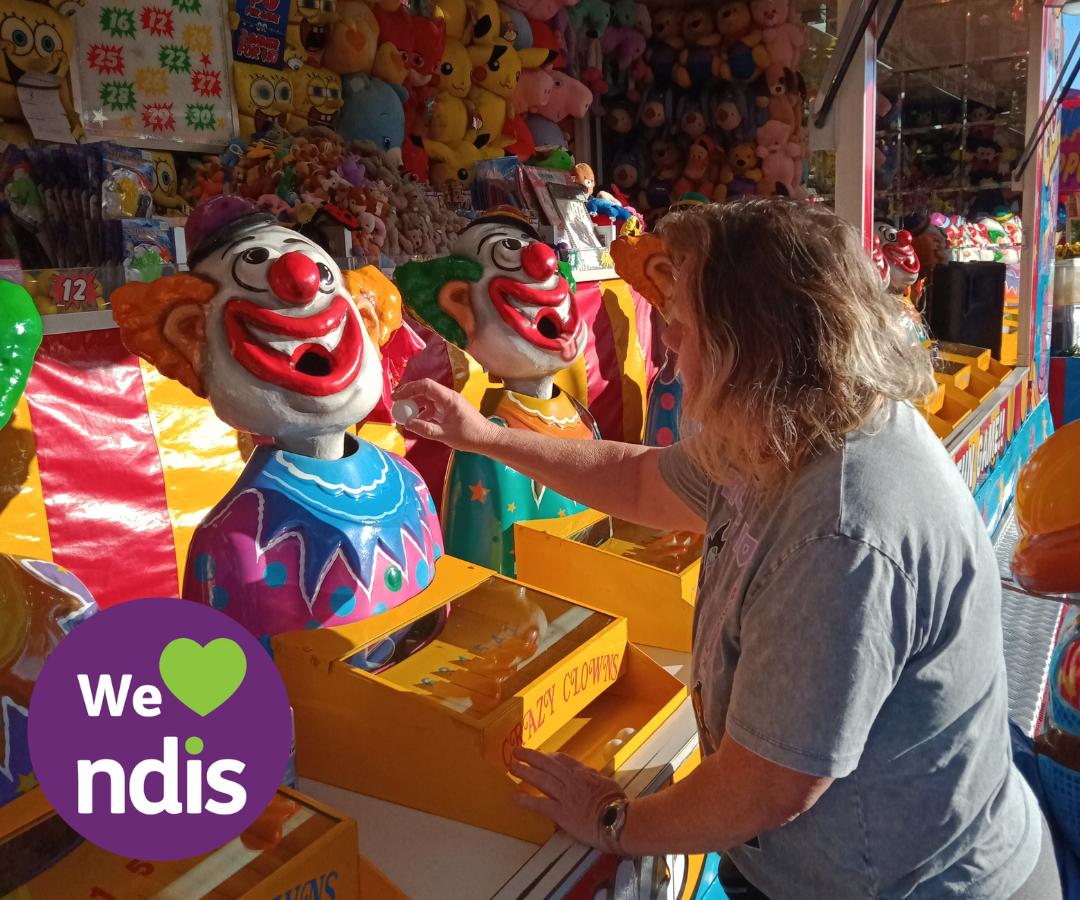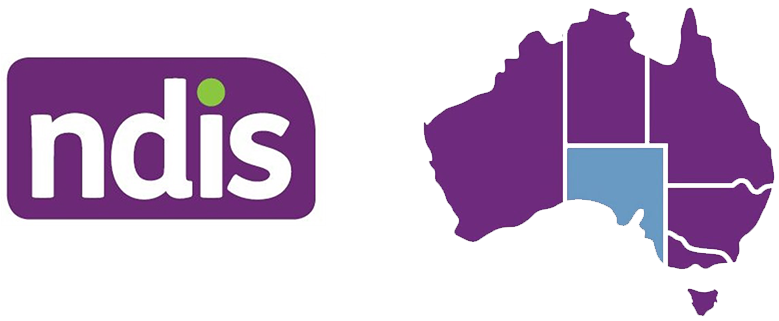National Disability Insurance Scheme (NDIS) FAQs

At Sublime Care, we adhere to the principles of choice and control, ensuring that NDIS participants have the autonomy and freedom to make decisions about their support services.
What is NDIS?
The National Disability Insurance Scheme (NDIS) program is designed to help around 4.4 million Australians who have a disability. NDIS helps individuals with disabilities by providing them with funding for the support they need. This funding comes in the form of individualised budgets that are tailored to each person’s specific needs and goals. This means that people with disabilities can use the funding to access a range of services and supports. These include community care, support coordination, and accommodation.
Another way that the NDIS helps individuals with disabilities is by giving them more control over the support they receive. Under the NDIS, people with disabilities can choose the services and supports that they want to receive, as well as who will provide them. This gives people with disabilities the ability to make decisions about their own lives and enables them to live more independently.

How NDIS Helps
The NDIS also helps to improve the availability and accessibility of support for individuals with disabilities. By providing funding for a range of services and supports, the NDIS helps to ensure that people with disabilities have access to the resources they need to live their lives to the fullest. This includes things like therapy, personal care, and equipment, as well as other supports like transportation and housing.
Additionally, the NDIS can be a valuable source of support and resources for those with disabilities. It can help to provide the tools and services that can lead to an independent and fulfilling life. It can also make a real difference in the lives of those with disabilities.
Ultimately, don’t hesitate to contact us for referrals so we can help and provide the support that they may need. To learn more about the NDIS and how it can help you, visit the NDIS website or contact your local NDIS office.
Frequently Asked Questions (FAQs)
How does the NDIS Funding works?
The National Disability Insurance Scheme (NDIS) in Australia provides funding to individuals with permanent and significant disabilities for tailored support services. In that case, eligibility is determined based on disability severity, age, and residency status. Once eligible, participants work with an NDIS planner to create a personalised plan outlining goals and support needs. Funding is managed by the participant or a chosen representative, with regular plan reviews and flexibility for adjustments as needed.
For a more detailed information on how the NDIS Funding works, please visit this link.
How to change service providers?
Plan participants have the right to change their NDIS service providers when they feel like they’re not given the support and service that they need to receive, at any time. If the participant is certain to change participants service provider, the participant must first end the existing agreement between participant and the service provider. This must be done formally in writing. If there are no written agreement between the participants and the service provider, the service may be terminated verbally. It’s also advisable for the participants to check the agreement for termination clauses as some agreements have two-week termination notice. You should be able to receive an acknowledgement from your service provider.
For plan-managed participants, the service provider must terminate the existing agreement in MyPlace portal. With this, the agreement and the services can only be formally finished after a minimum of 14 days from the MyPlace portal request.
What is the area of scope of the NDIS?
The NDIS is available across Australia, and is rolling out in Western Australia. Check the availability in your state by visiting this link.
I want to know which type of supports are covered by the NDIS Funding.
The NDIS covers a wide variety of support types for their participants, knowing that each participant needs a unique care and support. Each service should be considered as necessary and reasonable for the participant in order to be covered by the NDIS fund. To understand NDIA’s ruling of necessary and reasonable supports, head on to their website.
How do I know if I’m eligible for an NDIS Fund?
NDIS provides an online checklist for participants to know if they’re eligible to apply for an NDIS Fund. To view the eligibility checklist, visit the NDIS website here.
How can I apply for an NDIS Fund?
As an eligible participant, you must ask for an Access Request by contacting your Local Area Coordinator, Early Childhood Early Intervention partner or your local NDIA office. By communicating with them, you may be asked to answer Access Request questions about your identity, eligibility and requirements. Find more about it here.
FOLLOW US!
- Telegram
- Youtube
© Sublime Care. All Right Reserved.
